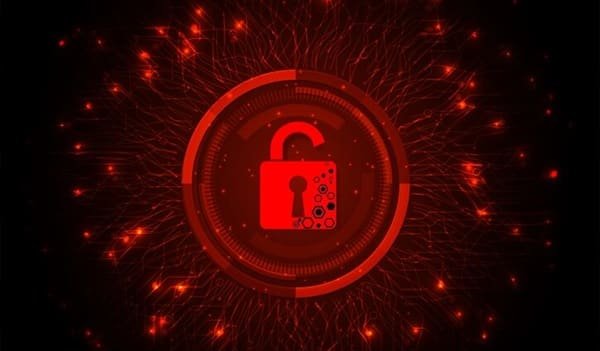Your phone unlocks with your face. Your fridge knows when you’re out of oat milk. Your car updates itself overnight. We’re living in a world where convenience is coded into every corner of our lives, but so are vulnerabilities. As smart tech weaves itself deeper into the fabric of our routines, the question is no longer if you should be concerned about security, but when and how to act.
The Tech We Love Can Talk Too Much

Most of us don’t think twice about giving apps permission to access our location, microphone, or camera. We sign into services using our social media accounts and let our devices sync automatically across platforms. It’s fast, easy, and feels harmless until it isn’t.
Every connected device becomes a potential entry point for bad actors. Think: unsecured smart home gadgets, outdated app versions, or those “free Wi-Fi” networks at coffee shops. The more connected we are, the more exposed we become, unless we regularly test those systems for weak points.
And it’s not just personal tech. Businesses use cloud-based systems, remote work tools, and customer databases that can be gold mines for cybercriminals. A single weak password or unpatched software bug could open the door to significant data breaches.
Why We Should Treat Security Like Self-Care
We update our passwords (sometimes). We enable two-factor authentication. Maybe we even delete apps that seem sketchy. These are all good habits, but they’re the cybersecurity equivalent of washing your face and calling it a skincare routine.
In today’s threat landscape, companies, especially those handling your personal data, need to go far beyond the basics. That’s where proactive security testing comes in.
Instead of waiting for a breach to expose flaws, forward-thinking organizations are investing in ethical hackers, pen testing teams, and platforms that simulate real-world attacks in controlled environments. Because when you invite the good guys to break your system before the bad ones do, you’re not being paranoid, you’re being smart.
This is precisely why proactive security testing is crucial. It’s not just for banks and government agencies. It’s for any company that collects your name, address, or credit card info. Which, these days, is basically all of them.
These types of tests go beyond checking the locks on digital doors; they check the walls, the windows, and the emergency exits. They ask, “What if someone got past the first barrier?” and safely simulate those worst-case scenarios, helping companies fix the cracks before someone exploits them.
The Rise of “Hackers for Good”
Forget the image of shady basement-dwelling hackers. Today’s ethical security testers are professionals with certifications, guidelines, and (yes) moral compasses. They’re often part of managed programs where businesses invite them to find flaws before criminals do.
These teams use tools and tactics similar to real attackers, but the goal is to make the system safer. Some even offer rewards (called bug bounties) to those who find major vulnerabilities. It’s like crowdsourcing your digital defense system, and it works.
In fact, some of the world’s biggest tech companies, including Google and Apple, run bug bounty programs and have awarded millions to ethical hackers who helped them identify serious vulnerabilities. It’s proof that no system is too secure to be tested, and that testing pays off.
Your Role in the Security Chain
While companies beef up their testing and defenses, your choices still matter. You don’t need to become a cybersecurity expert, but you can:
- Think twice before sharing sensitive info online
- Regularly update your apps and operating systems
- Use strong, unique passwords for each account (and maybe a password manager)
- Be skeptical of links, downloads, and emails that seem off
- Avoid public Wi-Fi unless you’re using a secure VPN
- Log out of accounts when using shared or public devices
Your habits can either strengthen or weaken the digital perimeter companies are trying to protect. Even the most robust system can be compromised by human error, which is why awareness at the individual level is so important.
What the Future Holds for Digital Defense
Cyber threats are constantly evolving. What worked last year might be outdated today. That’s why security testing isn’t a one-and-done process; it’s continuous. Just as we update our phones, companies must continually evaluate their defenses to stay ahead of ever-changing risks.
Artificial intelligence and automation are also playing a bigger role in both attacking and defending digital systems. While that sounds futuristic (and maybe a little intimidating), it’s a sign that cybersecurity is becoming more dynamic, responsive, and necessary in all sectors, from healthcare to retail to finance.
Final Thoughts
Living online comes with risks, but also with tools, habits, and systems to protect ourselves. The next time a brand touts its innovation or sleek design, ask if they’re also investing in your safety behind the scenes.
Because looking cool isn’t enough, being proactive is the smartest flex of all.
Security isn’t just a tech department concern anymore. It’s part of living smart, staying informed, and expecting better from the companies we trust with our information. Whether you’re a consumer or a company, the message is the same: don’t wait to get hacked. Build your defense before you need it.

